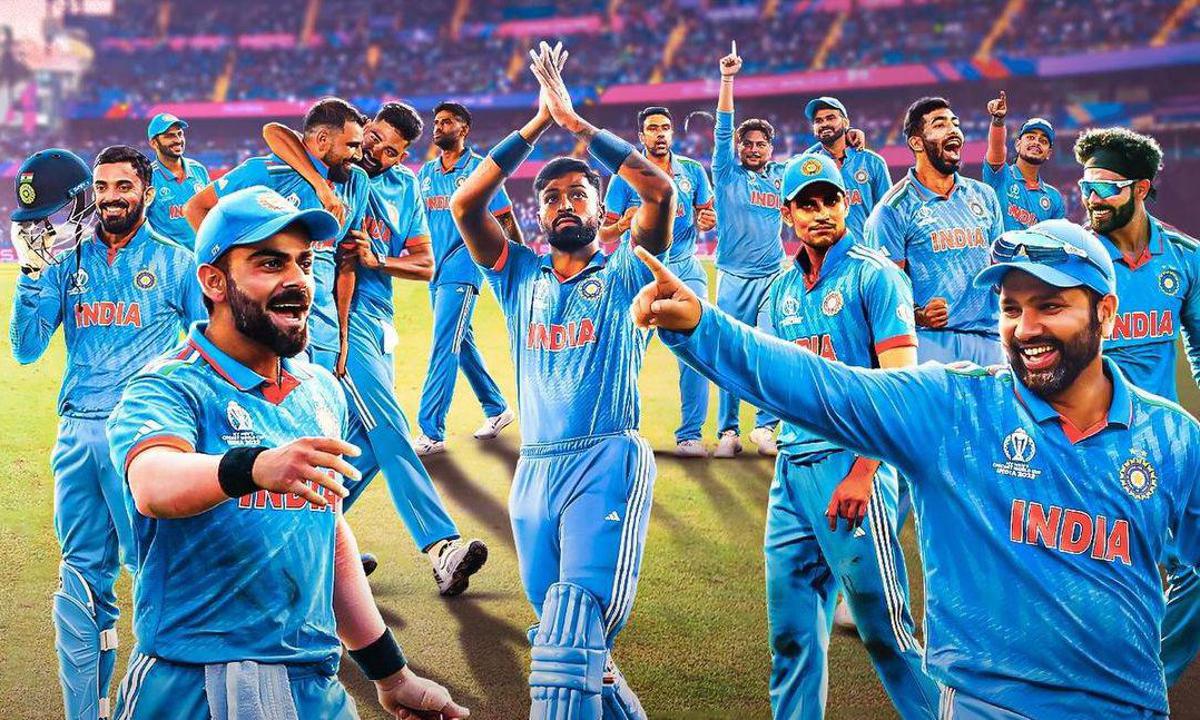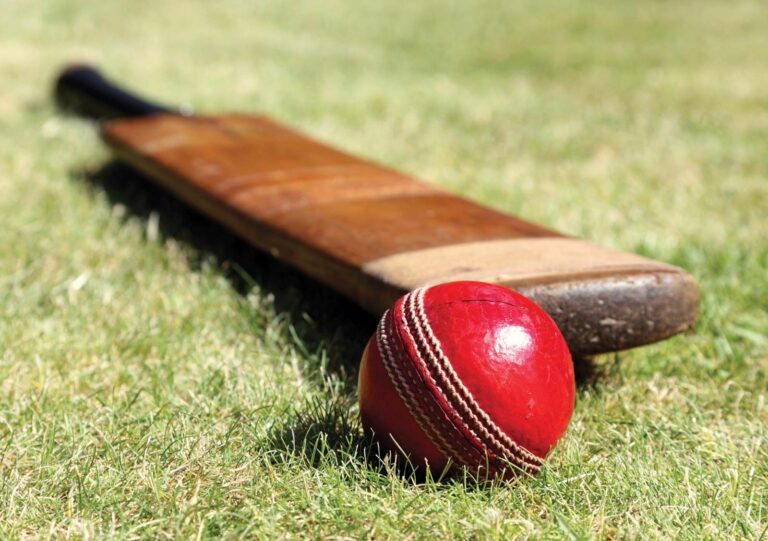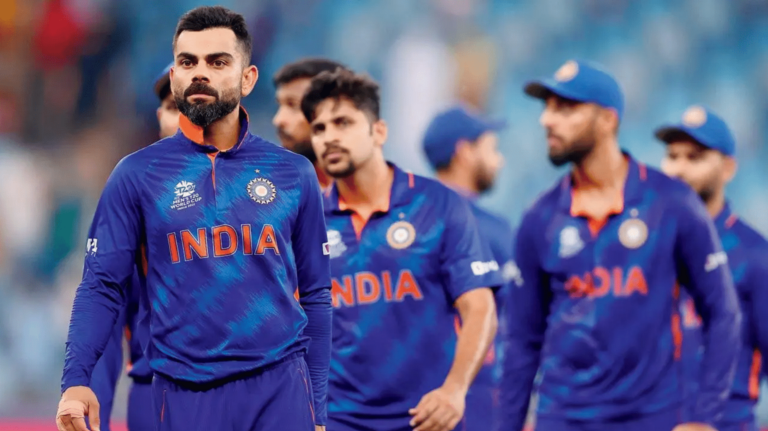The Role of Cricket in Promoting Human Rights: 99exch, Reddy Anna Book, Allpanel
99exch, Reddy Anna Book, All Panel.com, Allpanel: Cricket has long been recognized for its ability to transcend boundaries and bring people together from various walks of life. From local communities to international stages, cricket has the power to unite individuals and foster a sense of belonging and camaraderie. This collective spirit inherent in the sport serves as a powerful vehicle for promoting social change and addressing pressing issues that affect societies worldwide. Through the universal language of cricket, important messages of unity, tolerance, and equality can be communicated to diverse audiences, making it a valuable platform for driving positive social transformation.
Moreover, the inclusive nature of cricket allows individuals from all backgrounds to come together on a level playing field, breaking down barriers of race, gender, and class. By emphasizing teamwork, cooperation, and mutual respect, cricket instills important values that can translate into broader societal changes. Whether it is through community-based initiatives, charity events, or international tournaments, cricket provides a platform for raising awareness about social issues, advocating for human rights, and promoting a more equitable and just world. By harnessing the power of cricket as a force for social good, meaningful progress can be achieved in addressing the challenges that impact individuals and communities globally.
History of Cricket and Human Rights
Cricket has a rich history that intertwines with the evolution of human rights around the world. From its colonial origins to becoming a global sport today, cricket has reflected the socio-political landscapes of various nations. The sport’s history is marked by instances where cricket has played a role in both upholding and challenging human rights norms.
In post-colonial contexts, cricket has often been seen as a tool for empowerment and resistance against oppression. Countries like India and South Africa have witnessed how cricket has been used as a platform to advocate for equality and social change. The sport has provided a stage for individuals and communities to raise their voices and challenge discriminatory practices, contributing to the ongoing struggle for human rights globally.
Cricket as a Tool for Empowerment
Cricket has the unique ability to break down societal barriers and empower individuals from diverse backgrounds. Through the game of cricket, individuals are able to transcend cultural and socioeconomic differences, forming meaningful connections on the field that extend beyond the boundaries of the game. By working together towards a common goal, players learn the value of teamwork, leadership, and resilience, skills that are essential for personal development and empowerment.
Moreover, cricket serves as a platform for promoting gender equality and challenging stereotypes. In many societies, women face discrimination and limited opportunities in sports. However, cricket has increasingly become a tool for empowering women and girls, providing them with the chance to showcase their talents and excel in a traditionally male-dominated sport. By participating in cricket, women are able to challenge gender norms, build confidence, and advocate for their rights both on and off the field.







